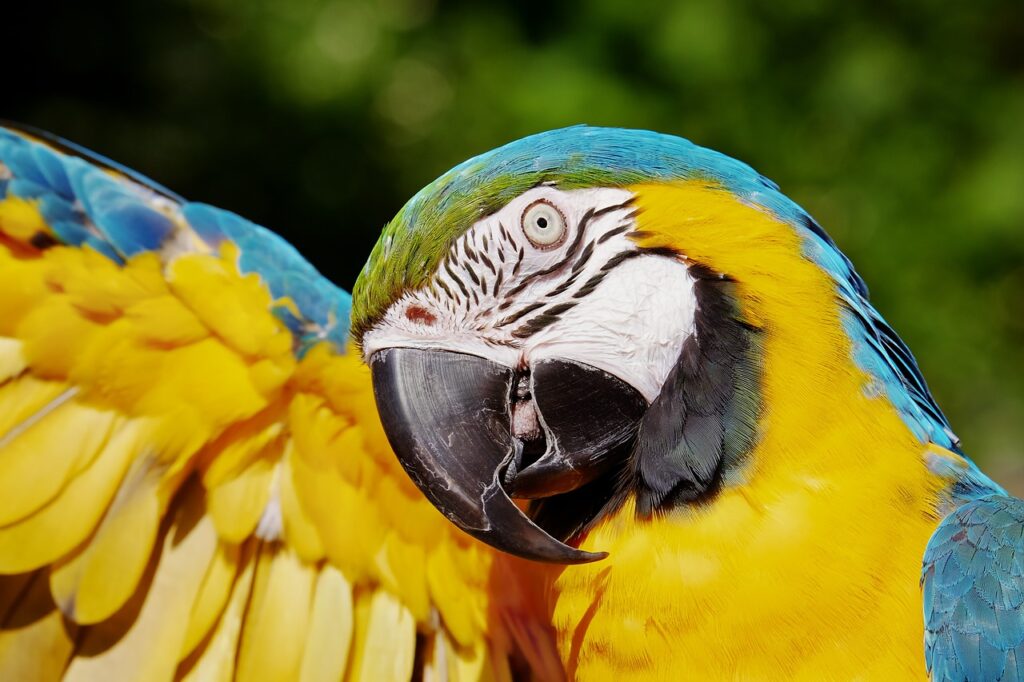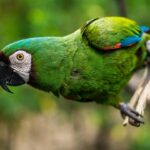Can Parrots Eat Eggs — A Comprehensive Guide
Parrots are fascinating and intelligent creatures that require a well-balanced diet to thrive. As responsible pet owners, it is essential to provide them with suitable food options that cater to their nutritional needs. In this article, we will explore whether parrots can safely consume eggs and examine the benefits, considerations, and recommended feeding practices associated with this food item.
The Advantages of Eggs for Parrots
Eggs can offer several health boosts for parrots when incorporated into their diet in moderation. Rich in protein, eggs provide an excellent source of essential amino acids necessary for muscle development, tissue repair, and overall growth. The high protein content makes eggs particularly beneficial for young parrots and those recovering from injuries or illnesses.
Furthermore, eggs are a natural source of vitamins and minerals, including vitamin B12, vitamin D, iron, and selenium. These nutrients contribute to maintaining healthy feathers, strong bones, and a robust immune system. Including eggs as part of a diverse and balanced diet for parrots can greatly enhance their overall well-being.
Recommended Frequency and Quantity
Serving eggs to your parrot should be approached with moderation. While they can provide health benefits, it is crucial to avoid overfeeding, as excessive consumption may lead to nutritional imbalances. As a general guideline, offering one to two tablespoons of scrambled or boiled eggs once or twice a week is sufficient for most parrots.
Remember to consult with your avian veterinarian to determine the precise quantity and frequency of egg consumption appropriate for your individual parrot, as their dietary needs may vary based on factors such as age, species, and overall health.
Potential Cautions when Feeding Eggs to Parrots
Although eggs can be a valuable addition to a parrot’s diet, certain precautions should be considered. Firstly, ensure that the eggs are cooked thoroughly to eliminate the risk of bacterial contamination, such as Salmonella. Avoid feeding raw or undercooked eggs to prevent any potential health issues for your pet.
Additionally, some parrots may develop allergies or sensitivities to eggs. If you notice any signs of digestive distress, such as diarrhea or vomiting, after introducing eggs into their diet, it is advisable to discontinue their consumption and consult with a veterinarian.
Can Other Pets Enjoy Eggs?
While eggs can be a suitable dietary addition for parrots, it is important to note that not all pets can safely consume them. For example, some reptiles, such as turtles or bearded dragons, may benefit from limited egg consumption due to their high protein content. However, it is best to consult with a reptile specialist or veterinarian before feeding eggs to reptiles or any other pets besides parrots.
Conclusion
In conclusion, eggs can be a nutritious and beneficial component of a parrot’s diet when provided in moderation. They offer valuable protein, vitamins, and minerals that contribute to their overall health and well-being. Remember to feed eggs cooked thoroughly and follow your avian veterinarian’s guidance regarding the appropriate frequency and quantity for your specific parrot. By incorporating eggs responsibly into their diet, you can ensure that your feathered companion receives a well-rounded and balanced nutritional intake.






